South Asia, home to nearly one-sixth of the world's population, is currently in the focus of considerable academic attention. The emergence of India as one of the fastest-growing economies in the world has further sharpened the international focus on the region. South Asia is one of the most culturally diverse regions in the world and, at the same time, the site of a long-standing process of cultural hybridization and symbiosis. The region has witnessed, over the past several centuries as well as in recent years, highly significant and complex processes of ethnicization, identity-construction and ethnic conflict. The present volume hopes to make a modest contribution to the study of South Asia in the context of its pervasive diversity and complexity and the interface between change and continuity.
The papers in the volume by a galaxy of scholars like Bhikhu Parekh, T.K. Oommen, Aparna Rao, Lionel Caplan, Peter Kloos, Yunas Samad, K.S. Singh and Lee Schlesinger, deal with a wide range of theoretical and empirical themes and issues in the context of South Asia, including multicultural state, pluralism, shifting identities, ethnic violence, national identity, tribal autonomy and the interface of religion and identity.

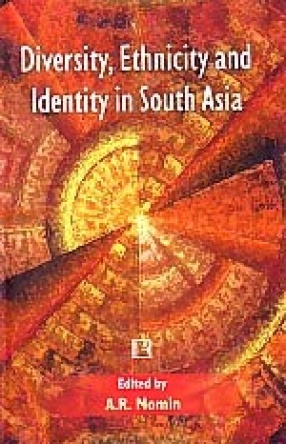
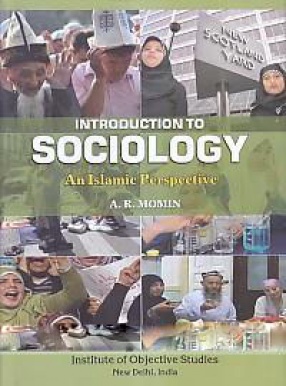
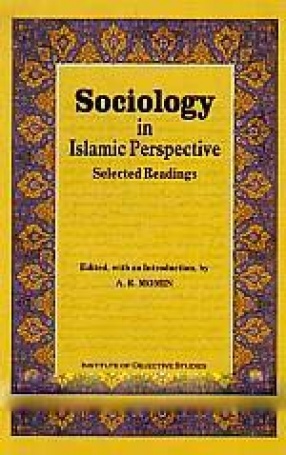
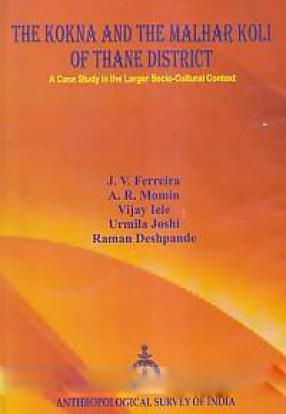
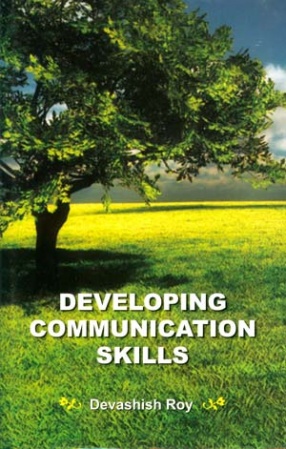
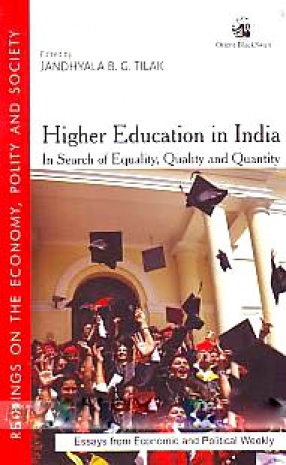

There are no reviews yet.